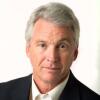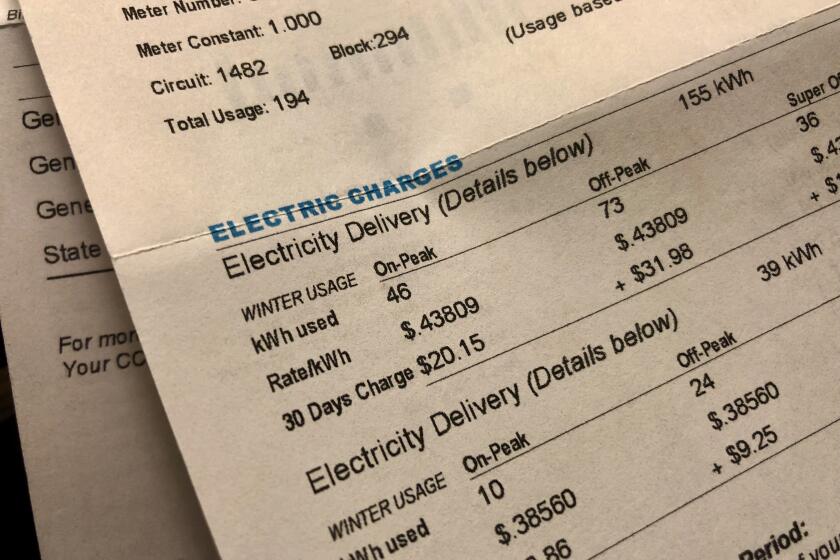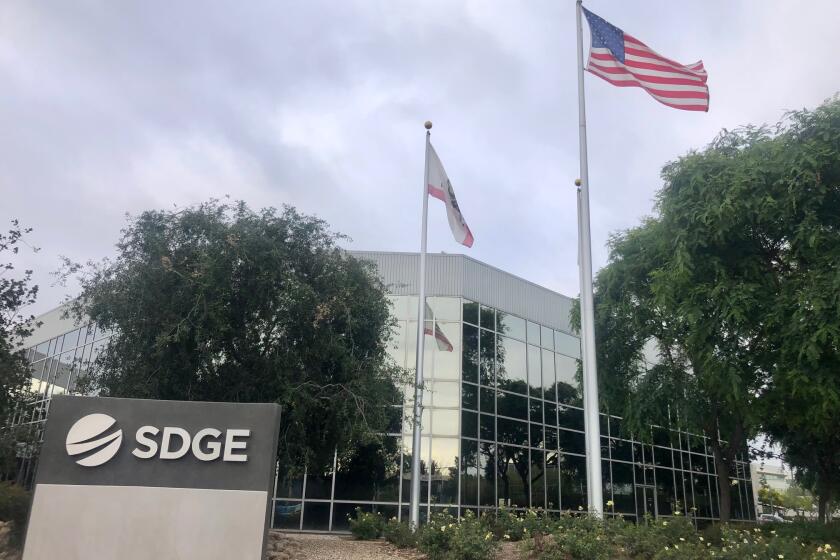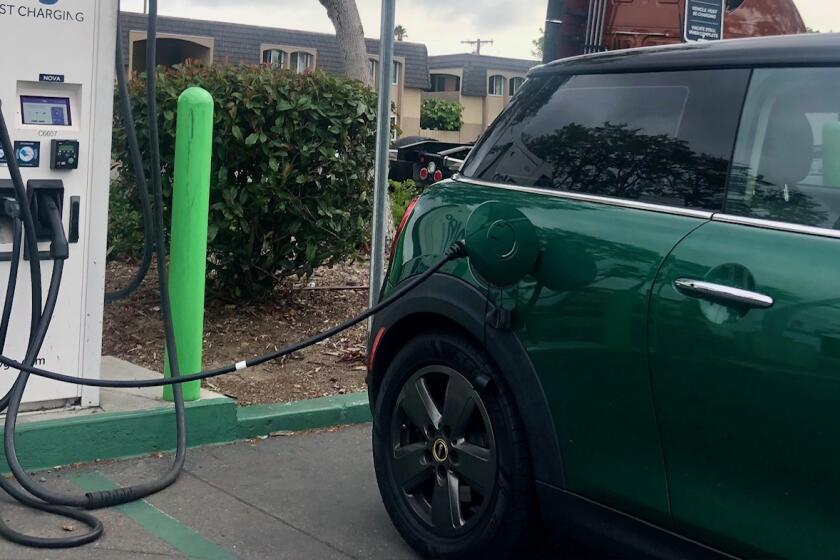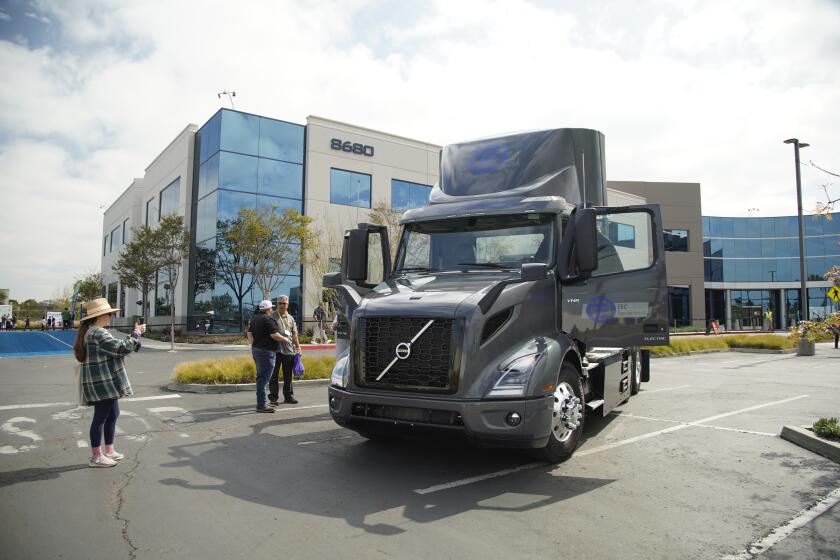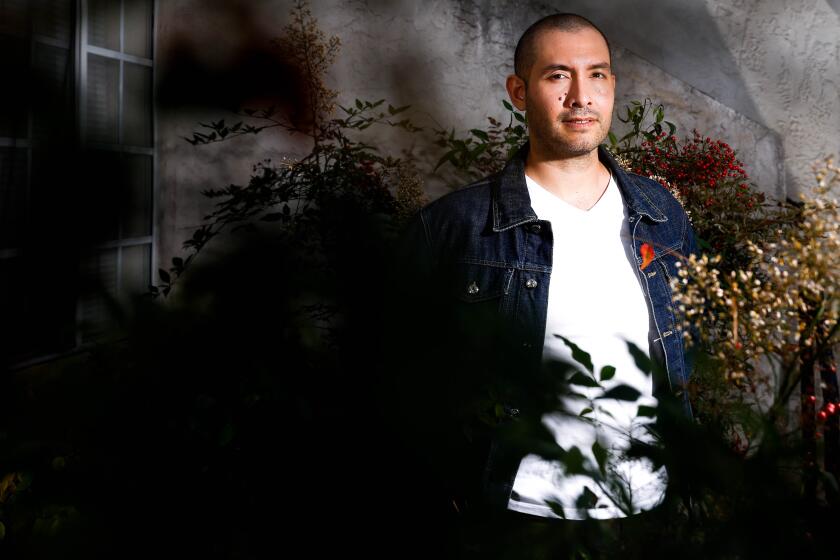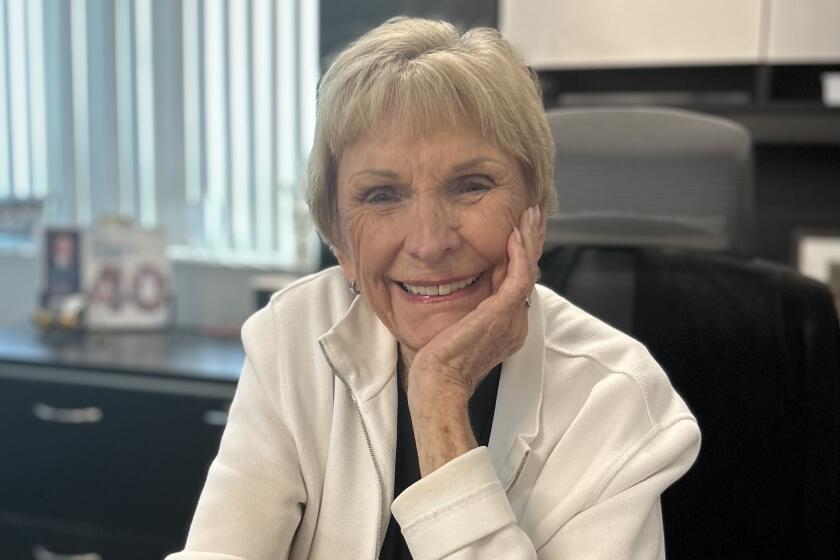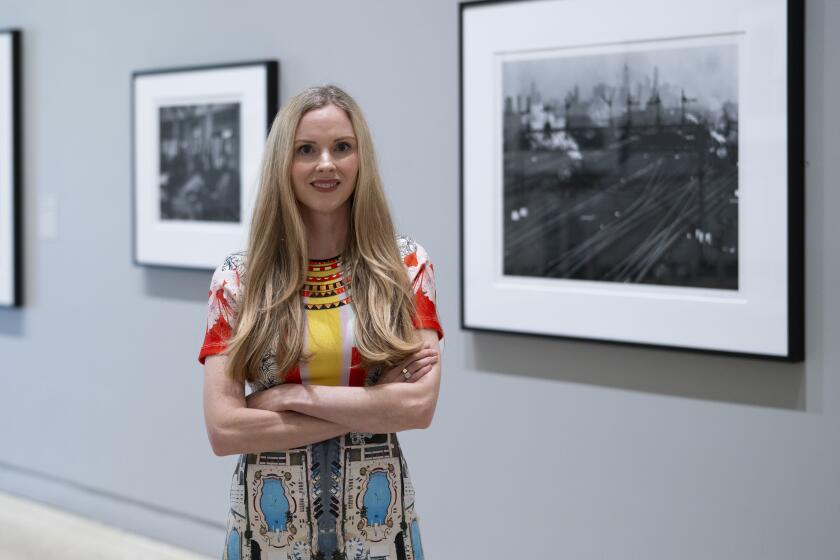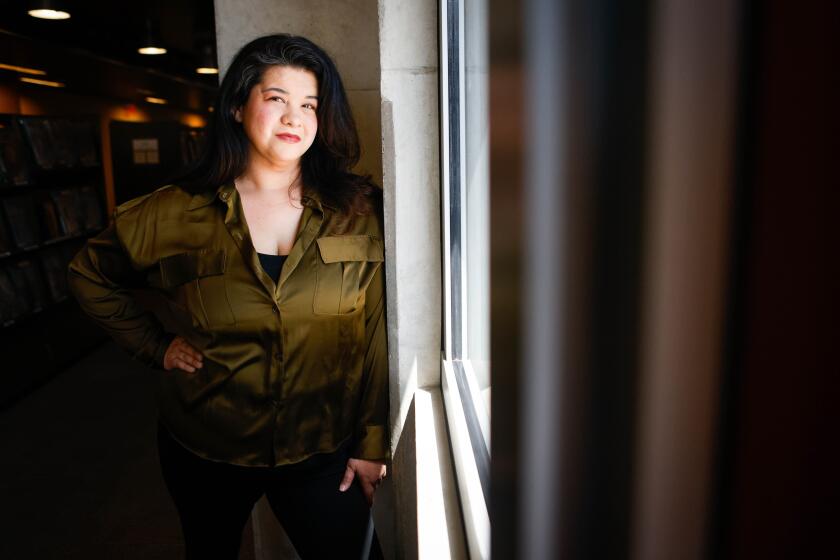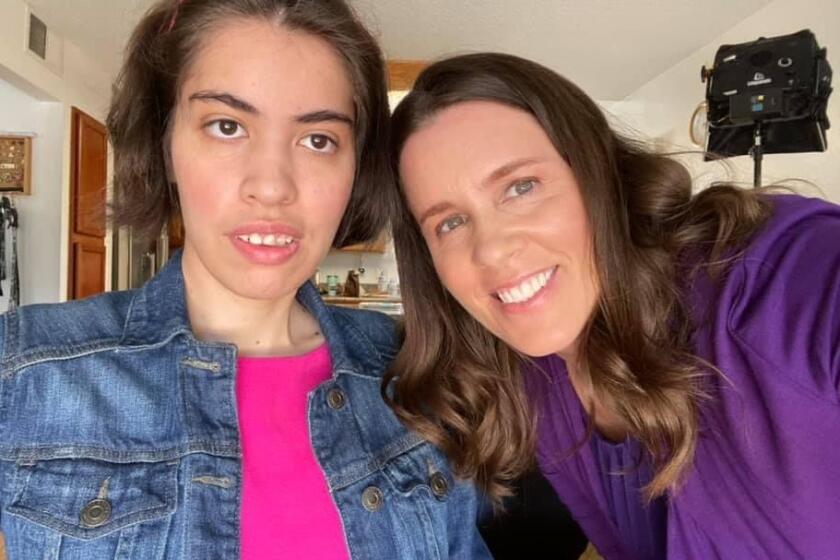A Secret Service agent’s burden
Clint Hill and the JFK assassination
Clint Hill is still a haunted man.
At various times throughout the day, every day, the 84-year-old is taken back to Nov. 22, 1963.
It might be when he looks at the clock. It's noontime. That's when it happened.
It might be a loud, sudden sound. I thought at first it was a firecracker.
It could be even be a song. Oh, that was playing on the radio then.
Hill served on the presidential detail with the Secret Service from 1958 to 1975 under Dwight Eisenhower, Lyndon Johnson, Richard Nixon and Gerald Ford.
But the presidency he is most closely tied to, that he had the strongest emotional connection, is the 1,037 days Hill spent serving under John F. Kennedy.
"He knew all of the agents by name, he called all of them by their first name, took time to talk to each and every one of them," Hill said. "He knew if they were married, if they were single, if they had children. That was something special."
It was Hill who jumped onto the back of the car carrying the president and first lady within moments of the shots that rang out in Dealey Plaza in Dallas, where JFK was shot and killed.
"I still have a sense of failure that we did not protect the president," Hill said of the day that never leaves him and that for many years did not give him any rest.
Hill has learned to cope with what happened by talking about it and has written two books about his years in the Secret Service, most recently in "Five Presidents: My Extraordinary Journey with Eisenhower, Kennedy, Johnson, Nixon and Ford."
Clint Hill talk and book-signing
“Five Presidents”
Wednesday, May 25, 7:30 p.m.
Warwick’s book store. La Jolla
(858) 454-0347 or warwicks.com
Free, reserved seating available with advance purchase of book
The 13-city book tour Hill is making across the country stops in La Jolla Wednesday at 7:30 p.m. at Warwick's bookstore.
Hill's specific assignment during the Kennedy administration was to protect First Lady Jacqueline Kennedy. After spending two years following virtually every move made by Eisenhower, Hill considered it a demotion.
"That was not the job I wanted, I wanted to be where the action was and that was always with the president," said Hill. "With the first ladies there was no activity. It was fashion shows, tea parties and watching canasta games."
But Jackie Kennedy turned out to be a different type of first lady.
"Mrs. Kennedy was so active, so energetic, always doing something," Hill said in a telephone interview Tuesday with the Union-Tribune. "It was probably the best job I could possibly have."
Hill was just steps away from the convertible limousine carrying the Kennedys and Texas Gov. John Connally and his wife when Hill first heard what he thought was a firecracker.
"I saw the president grab his neck and he started to fall to his left, and I know it had to have been a gunshot and he had been hit," Hill said.
Hill got as far as the trunk of the car when the fatal shot hit.
"When I got up on the car, she (Jackie Kennedy) came up on the trunk. She was trying to grab some of that material that came out of his head, and I got over and put her in the backseat and the president's body fell farther into her lap, with his head in her lap. I could see the right side of his face was up, his eyes were fixed."
Hill flew back on Air Force One with the first lady, who called for him just before Lyndon Johnson was sworn in as president.
"Oh, Mr. Hill, what's going to happen to you now?" Hill remembered her saying.
"I don't really know exactly what she meant by that," Hill said, "but I told her that I'd be OK."
But he wasn't OK. The toll from that day led to a period of overwork and heavy drinking and in 1975, after failing the Secret Service physical, Hill resigned from the agency.
"I was suffering from what they now call PTSD," Hill said. Aside from testifying before the Warren Commission and a memorable interview with "60 Minutes" that aired in 1975, Hill said he did not discuss the assassination.
But he found relief after talking to journalist Lisa McCubbin, who wrote a 2010 book with Gerald Blaine called "The Kennedy Detail."
"It was very cathartic for me," Hill said. "It was when I really started healing."
Hill and McCubbin combined in 2012 to write "Mrs. Kennedy and Me," an account of Hill's time with Jackie Kennedy. "Five Presidents" marks the duo's second book together.
"I'm glad I'm able to do this, go around and talk about not only the assassination but the five presidents with whom I worked.," Hill said. "Let people have some better understanding of what the office of the president is really like, about what these men were like."
And what were they like?
Eisenhower: “He had spent most of his adult life in the military,” Hill said. “When he came into the presidency he brought that military bearing with him. If we gave him a time to depart, say at 9:30 in the morning, he would be in the car at 9:29 and 30 seconds, ready to go.”
Hill said Ike considered his Secret Service detail as “more or less like his troops” who had a warm side but, to the appreciation of his agents, didn’t like to wade into crowds.
“He wasn’t really a politician. He didn’t like to press the flesh,” Hill said.
Johnson: “LBJ was really bigger than life,” Hill said, but Johnson at first didn’t want Hill to be a member of his detail. Hill had such a close relationship to Jacqueline Kennedy — Hill’s assignment with the former first lady extended one year after the assassination — that Johnson asked to have Hill removed.
“The one thing he demanded was loyalty and he did not think I could loyal to him,” Hill said. But the head of the Secret Service told Johnson that Hill was a professional and LBJ relented and eventually Hill and Johnson developed a good working relationship.
But Hill also felt Johnson’s wrath at times.
“I got the Johnson treatment more than one time,” Hill said, recalling how the 6-foot-3 Johnson would loom over the 5-foot-11 Hill. “He would poke me in the chest .... just let me have it over a subject I had no idea about. I knew what it was. He was just venting. I would just take it. Just part of the job.”
Nixon: “Nixon had kind of split personality,” Hill said. “He had a public persona and a private one.” Hill remembered Nixon as a bit of loner who would spend time by himself during the work day at the Executive Office Building rather than the Oval Office. “He spent a lot of time alone in that office,” Hill said. “That was very unusual.”
Ford: “He was a wonderful guy, he was just like a neighbor,” Hill said. In fact, before assuming the presidency, Ford was a neighbor of Hill’s. As a member of the House of Representatives, Ford lived in Alexandria, Virginia, not far from Hill and his family. One of Ford’s sons went to high school with one of Hill’s sons.
Hill retired from the agency in July 1975, prior to Ford’s ultimately failed presidential election bid in 1976 to Jimmy Carter.
As for this year’s presidential campaign, Hill said he thinks security is tougher for current Secret Service agents than it was in his day.
“The challenges are greater.,” Hill said. “They deal with things today we never had to deal with. Technology can work both ways. It can work for you or against you.”
Social media, for example, can make a security agent nervous.
“It can generate a large crowd, whether it be friendly or not, in a matter of minutes,” Hill said. “It used to be that they had to organize for days or weeks to get a crowd. Now all they have to do is send out a message on Facebook or Twitter and everybody shows up.”
Get Essential San Diego, weekday mornings
Get top headlines from the Union-Tribune in your inbox weekday mornings, including top news, local, sports, business, entertainment and opinion.
You may occasionally receive promotional content from the San Diego Union-Tribune.
